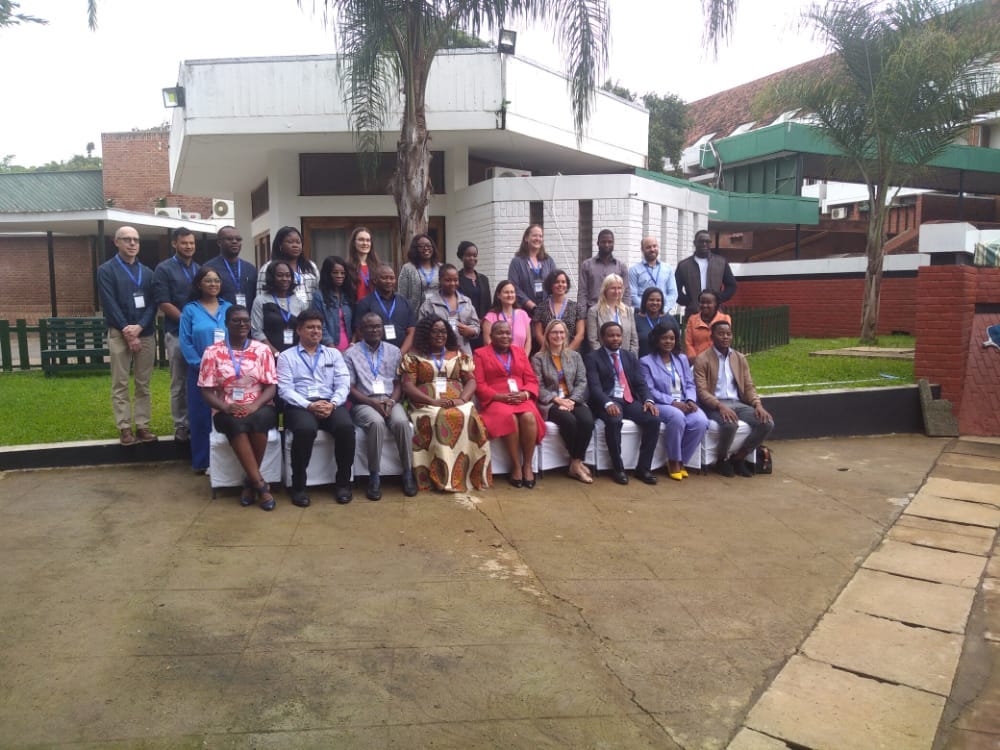Global Evidence-Based Local Adaptation Project to Reduce Child Mortality Rates in Malawi, Nigeria, and South Africa
In order to decrease child mortality in the nation, a three-year global evidence-based local adaptation project will begin in 2022.
Malawi: The government has backed the Global Evidence Local Adaptation (GELA) project because the Ministry of Health follows evidence-based recommendations, writes Judgement Katika.
Queen Dube, director of health services at the Ministry of Health, said during the annual GALE project meeting that scientists should contribute to the research and evaluation of the level of evidence because the nation is making progress in reducing the rate of neonatal mortality.
The country is doing well in terms of neonatal health, but there are still a lot of deaths there, according to Nyanyiwe Mbeye, the principal investigator from Kamuzu College of Health Science (KUHES).
Collaboration with Nigeria, South Africa, and all stakeholders is their job.
The purpose of the meeting, according to Tamara Clidder, professor of health system research at the Medical Council of South Africa, was to make sure they delivered strategies that could lower the death rate of children.
She added, "We are partnering with Nigeria, Malawi and South Africa to make sure that we respond to all questions and promote signage."
In order to decrease child mortality in the nation, a three-year global evidence-based local adaptation project will begin in 2022.
Scientists and researchers from South Africa, Nigeria, and Malawi attended the conference.



